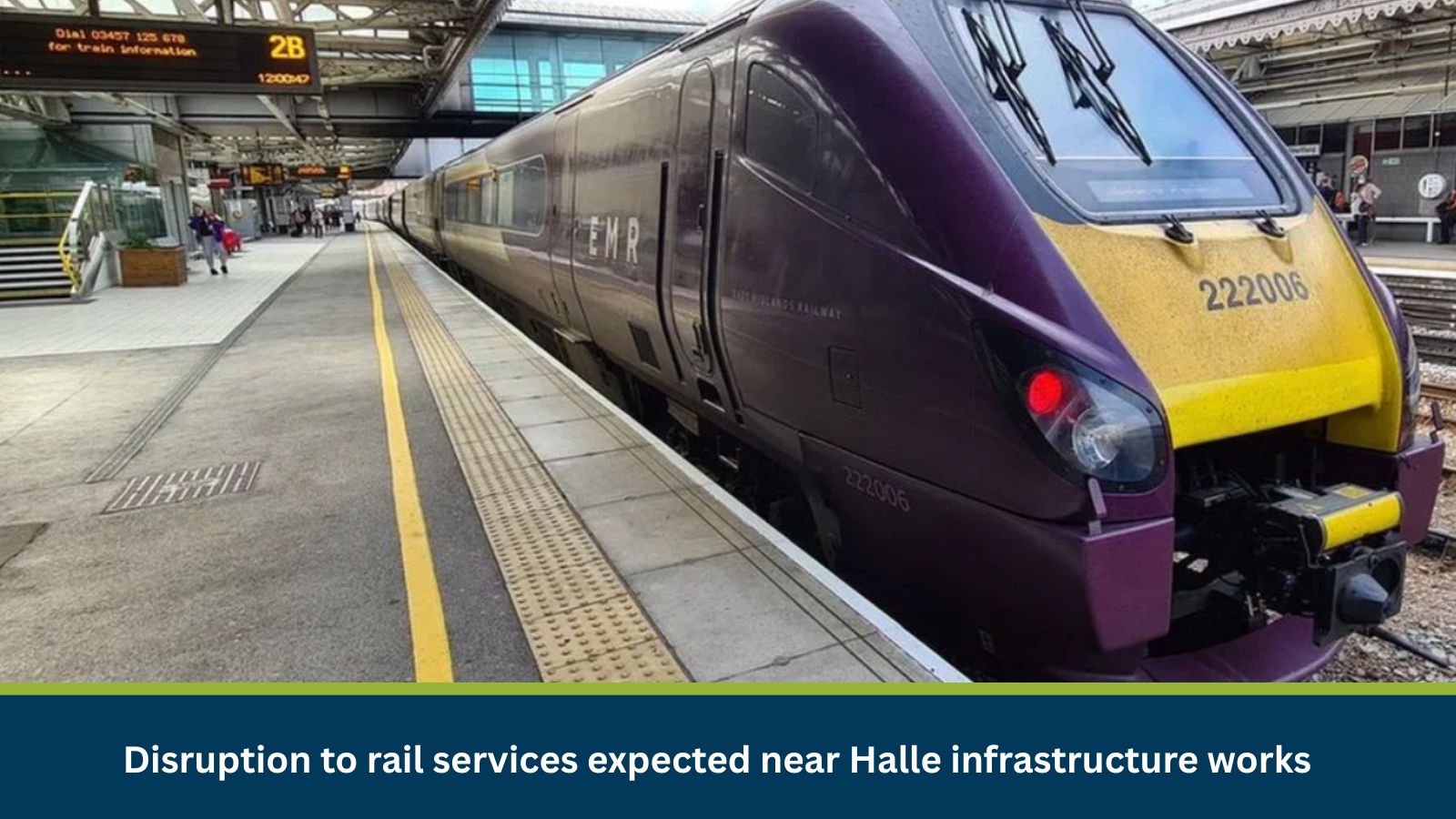A planned infrastructure upgrade near Halle, Belgium, from 26 July 2025, will cause significant rail service disruptions over two weekends. This is critical to monitor for business continuity, employee mobility, and operational preparedness due to expected delays, diversions, and potential overcrowding on alternative transport.
What is Risk Analysis in the Context of Travel Risks Events
Travel risk assessments evaluate how planned disruptions, such as infrastructure works, impact transportation networks, individual mobility, and business operations. They provide timely intelligence that helps organizations prepare for and mitigate the effects of such disruptions, ensuring business continuity and personnel safety. The current infrastructure upgrade near Halle, Belgium, from 26 July 2025, is a planned disruption. Based on historical analysis of similar planned rail works in the Belgian network, a moderate level of disruption is forecasted, typically leading to adjusted schedules and temporary suspensions.
Executive Summary
- Date of Incident: 26 July 2025
- Location: Brussels-South, Ruisbroek, Lot, Tubize, Enghien, Lembeek, Halle, Belgium
- Risk Category: Travel Risks
- Severity Score: 3/5
- Confidence Level: 90%
A scheduled infrastructure upgrade near Halle, Belgium, from Saturday, 26 July, is set to cause significant rail service disruptions over two weekends. Affected locations include Brussels-South, Ruisbroek, Lot, Tubize, Enghien, Lembeek, and Halle, Belgium. Commuters and logistical flows are at risk due to anticipated delays and diversions. The overall severity is assessed as moderate (3/5), with high confidence (90%) due to the pre-announced nature of the works. The direct disruption is expected to last four to five days, spread across the two specified weekend periods.
Known Hotspots and Sensitive Areas
The primary sensitive area is the Halle railway junction, a crucial hub south of Brussels. Other sensitive areas include Brussels-Midi/South station and the rail corridor connecting Brussels (including areas like Haren, Brussels-Schuman, and the Brussels Airport line) to Halle and further south towards Nivelles and Walloon Brabant. These are high-traffic commuter routes.
Impact on Transportation and Services
- Road Closures: No direct road closures are anticipated; however, increased road traffic is likely on major arteries parallel to the Brussels-Halle rail corridor (e.g., N6) due to commuters seeking alternatives.
- Transport Disruption: Significant rail transport disruption is expected on lines passing through or terminating at Halle, including regional (S-train) and intercity services. Disruptions may involve adjusted train traffic, reduced frequencies, diversions, and service suspensions. Commuters will experience longer journey times, increased reliance on replacement bus services, and potential overcrowding on alternative public transport.
- Utility Damage: No utility damage is anticipated as planned works are meticulously managed.
- Business Operations: Moderate impact is expected due to employee commute delays, potential absenteeism, and minor logistical challenges for rail-dependent services.
Recommended Actions
- Employee Mobility and Flexible Work: By Thursday, 24 July, identify rail-dependent employees and implement flexible work arrangements (e.g., remote work, staggered shifts). Communicate detailed alternative travel options (e.g., carpooling, rerouting guidance).
- Operational and Logistics Assessment: Immediately assess impact on critical shipments or client services. Pre-arrange alternative transport (e.g., road freight) for time-sensitive deliveries or reschedule appointments.
- Internal and External Communication Protocol: Establish clear communication. Disseminate advisories by Friday, 25 July, detailing disruptions and company support for staff. Issue proactive advisories to external stakeholders regarding potential service adjustments.
- Business Continuity Plan (BCP) Review: Leverage this disruption as a test for BCP sections on workforce mobility and supply chain resilience. Document challenges and effective mitigation to refine future protocols.
Emergency Contacts
- Police: 101
- Fire Department: 100
- Ambulance: 100
- National Emergency: 112
Official Channels:
- SNCB Twitter (French)
- NMBS Twitter (Dutch)
- Infrabel Twitter
Official Government Websites:
- SNCB/NMBS (Belgian National Railway Company): 02 528 28 28
- Federal Public Service Mobility and Transport: +32 2 277 31 11
Final Thoughts
The baseline scenario anticipates minor inconvenience. A moderate escalation could extend disruptions due to unforeseen issues, increasing employee absenteeism and localized supply chain interruptions. A severe escalation could lead to a prolonged shutdown, causing significant business continuity issues. Businesses should proactively prepare through flexible work, logistics assessment, and clear communication. This event offers an opportunity to test and refine BCPs for mobility and supply chain resilience.
Stay ahead of operational risks with real-time alerts, scenario modeling, and expert advisories.
MitKat helps organisations navigate uncertain times by providing comprehensive insights about the evolving risk landscape. We offer various services including Risk consulting and Security Design, Protective Services, and cyber security services which ensure organisations become Risk Intelligent. Our AI-powered operational risk monitoring tool, datasurfr combined with expert insight enables companies to stay abreast of evolving operational risks and emerging developments.






